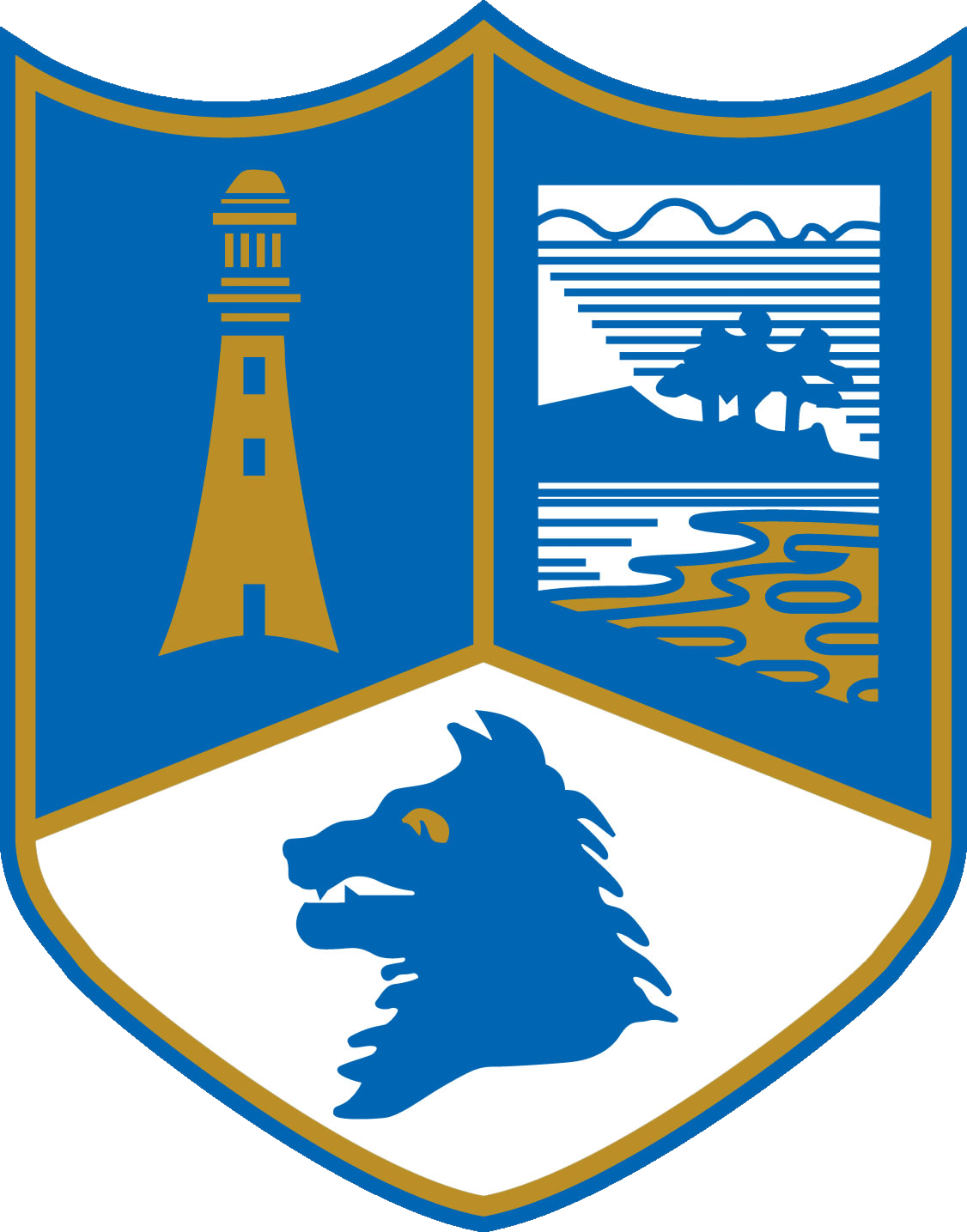More in this Section
Y9 Science

Head of Department
Mrs R Hodgson
Organisation of the subject:
Students have 4 x 50 minute lessons each week. They will have two teachers for the year, however they will complete two units in biology, chemistry and physics in order to cover the fundamental knowledge preparing for GCSE.
Students are placed into mixed ability groups.
Key Concepts (The big ideas underpinning the subject)
- Develop scientific knowledge and conceptual understanding through the specific areas of biology, chemistry and physics to GCSE level.
- Develop a deeper understand the uses and implications of science today and in the future.
- Working scientifically: analyse, communicate, enquire and solve, devise questions, conclude, critique claims, evaluate risks,
- To see the world analytically, interpret observations, explain phenomena and make predictions.
- Understand how scientific theories change and develop all the time.
What will your child be learning?
- BIOLOGY: Cells, microscopy, cell division, the movement of substances between cells and their environment. Cell organisation, the human digestive system and enzymes.
- CHEMISTRY: Elements, mixtures and compounds, the reactivity series, types of reactions, the Earth’s atmosphere and using resources.
- PHYSICS: Energy, heating and energy resources, energy demands, energy and the environment, circuits and particles.
Key 'Learning Capacities' in this subject
- Persevere with more challenging concepts and ideas
- Develop the confidence to answer questions and ask for help when required
- Be able to work both independently and collaboratively
- Apply techniques learned in previous years and in other areas of science and mathematics
- Develop understanding of the nature, process and methods of science through different types of science enquiries that help them to answer scientific questions about the world around them.
How will your child be learning?
- Paired and small group work
- Experimental and investigative work; developing curiosity
- Independent thinking and research
- Individual teacher/student discussion or whole class discussion
How will learning be assessed?
- A test taken in lesson time towards the end of every topic, therefore 6 per year.
- Monitoring of homework and classwork.
- Self and peer assessment.
- Questioning in class.
What can you do to support your child?
- Speak to them about what they have been doing in their lessons
- Help with homework
- Encourage them to take pride in their work
- Consider buying the extra resources we offer; Study Guides are available to purchase after the options for GCSE science.
- Encourage reading about science in the media and being critical about the science that is reported where necessary.
- Help them to learn scientific key words
- If they have a passion for science, discuss different science careers with them.
Equipment needed for this subject
- Pens, pencils, calculator, ruler, exercise book
Extra-Curricular/Enrichment Opportunities
- Eco-club
- Vic Medics guest speakers
- Lancaster University Challenge
- Top of the Bench competition with the Royal Society of Chemistry